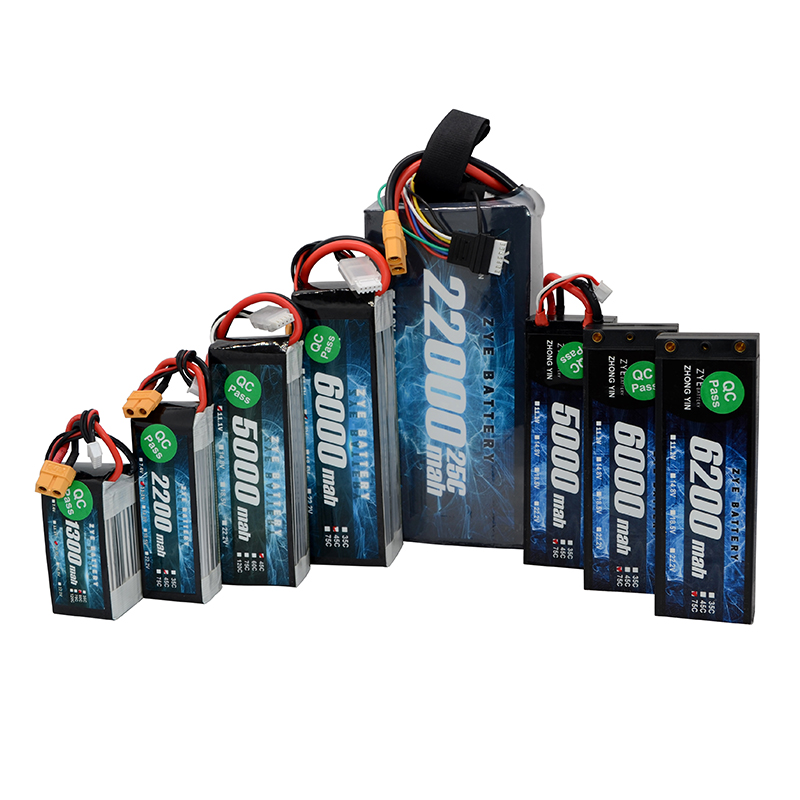In this comprehensive guide, we'll explore the intricacies of solid state EV batteries, their advantages, and how they differ from conventional batteries. We'll also delve into the impact this technology could have on the future of electric vehicles and sustainable transportation.
How Does a Solid State EV Battery Differ from Traditional Lithium-Ion Batteries?
The key distinction between solid state EV batteries and traditional lithium-ion batteries lies in their internal structure and composition. Let's break down the main differences:
Electrolyte Composition
The most significant difference is the electrolyte, which is responsible for conducting ions between the cathode and anode:
Solid state batteries: Use a solid electrolyte, typically made of ceramics, polymers, or other solid materials.
Traditional lithium-ion batteries: Employ a liquid or gel electrolyte.
This fundamental change in electrolyte composition leads to several important distinctions in performance, safety, and efficiency.
Internal Structure
The solid electrolyte in solid state batteries allows for a more compact and simplified internal structure:
Solid state batteries: Can use a thin layer of solid electrolyte, reducing overall battery size and weight.
Traditional lithium-ion batteries: Require separators to prevent direct contact between electrodes, adding bulk and complexity.
Energy Density
Solid state batteries have the potential for higher energy density, meaning they can store more energy in the same volume:
Solid state batteries: Can achieve energy densities of 500-1000 Wh/L or higher.
Traditional lithium-ion batteries: Typically range from 250-700 Wh/L.
This increased energy density could translate to longer driving ranges for electric vehicles equipped with solid state batteries.
Charging Speed
The solid electrolyte in solid state batteries can potentially allow for faster charging times:
Solid state batteries: May achieve full charges in as little as 15 minutes.
Traditional lithium-ion batteries: Often require 30 minutes to several hours for a full charge, depending on the charging system.
Faster charging times could significantly enhance the practicality and convenience of electric vehicles for everyday use.
What Are the Advantages of Using Solid State Batteries in Electric Vehicles?
Solid state batteries offer several compelling advantages for electric vehicles, which could potentially accelerate the adoption of EVs and improve their overall performance. Let's explore these benefits in detail:
Increased Energy Density
As mentioned earlier, solid state batteries can achieve higher energy densities compared to traditional lithium-ion batteries. This increased energy density translates to several benefits for EVs:
Longer driving range: EVs equipped with solid state batteries could potentially travel further on a single charge, alleviating range anxiety for drivers.
Lighter vehicles: Higher energy density means less battery mass is needed to achieve the same range, potentially reducing the overall weight of EVs.
More efficient use of space: Compact solid state batteries could allow for more flexible vehicle designs and increased interior space.
Improved Safety
One of the most significant advantages of solid state EV batteries is their enhanced safety profile:
Reduced fire risk: The solid electrolyte is non-flammable, virtually eliminating the risk of battery fires or explosions.
Greater stability: Solid state batteries are less susceptible to thermal runaway, a chain reaction that can cause catastrophic failure in traditional lithium-ion batteries.
Wider operating temperature range: Solid state batteries can function safely and efficiently across a broader range of temperatures, improving performance in extreme climates.
Longer Lifespan
Solid state batteries have the potential for extended lifespans compared to traditional lithium-ion batteries:
Reduced degradation: The solid electrolyte is less prone to degradation over time, potentially leading to longer-lasting batteries.
More charge cycles: Some solid state battery designs may be capable of withstanding thousands of charge cycles without significant capacity loss.
Lower maintenance requirements: The increased durability of solid state batteries could result in reduced maintenance needs and lower long-term costs for EV owners.
Faster Charging
The potential for rapid charging is another significant advantage of solid state batteries:
Reduced charging times: Some solid state battery designs could potentially charge to 80% capacity in just 15 minutes, rivaling the convenience of refueling a traditional gasoline vehicle.
Improved charging infrastructure utilization: Faster charging times could lead to more efficient use of public charging stations, reducing wait times and improving the overall EV charging experience.
Enhanced practicality for long-distance travel: Rapid charging capabilities could make EVs more viable for long-distance trips, further increasing their appeal to a broader range of consumers.

How Do Solid State EV Batteries Improve Safety and Efficiency?
Solid state EV batteries offer significant improvements in both safety and efficiency compared to traditional lithium-ion batteries. Let's examine how these advancements contribute to creating safer and more efficient electric vehicles:
Enhanced Safety Features
The solid electrolyte used in solid state batteries provides several safety benefits:
Non-flammable materials: The solid electrolyte is inherently non-flammable, drastically reducing the risk of battery fires or explosions in the event of a collision or other damage.
Improved thermal stability: Solid state batteries are less susceptible to thermal runaway, a chain reaction that can cause traditional lithium-ion batteries to overheat and potentially catch fire.
Resistance to short circuits: The solid electrolyte acts as a physical barrier between the anode and cathode, reducing the risk of internal short circuits that can lead to safety hazards.
Increased Efficiency
Solid state batteries can potentially improve the overall efficiency of electric vehicles in several ways:
Reduced energy loss: The solid electrolyte minimizes internal resistance, leading to less energy loss during charging and discharging cycles.
Better temperature management: Solid state batteries generate less heat during operation, reducing the need for complex cooling systems and improving overall vehicle efficiency.
Higher voltage operation: Some solid state battery designs can operate at higher voltages, potentially increasing power output and efficiency in electric powertrains.
Streamlined Design
The compact nature of solid state batteries can lead to more efficient vehicle designs:
Reduced vehicle weight: The higher energy density of solid state batteries means less battery mass is needed to achieve the same range, potentially reducing overall vehicle weight and improving efficiency.
Flexible packaging: The solid electrolyte allows for more flexible battery shapes and sizes, enabling designers to optimize space utilization within the vehicle.
Simplified thermal management: The reduced heat generation of solid state batteries may allow for simpler and more efficient thermal management systems in EVs.
Long-Term Performance
Solid state batteries have the potential to maintain their performance over a longer period:
Reduced capacity fade: The solid electrolyte is less prone to degradation over time, potentially leading to more consistent performance throughout the battery's lifespan.
Improved cycle life: Some solid state battery designs may be capable of withstanding more charge-discharge cycles without significant capacity loss, extending the useful life of the battery and the vehicle.
Enhanced reliability: The increased durability and stability of solid state batteries could result in more reliable performance across a wide range of operating conditions.
As research and development in solid state battery technology continue to advance, we can expect to see further improvements in safety, efficiency, and overall performance. These advancements have the potential to revolutionize the electric vehicle industry, making EVs safer, more practical, and more appealing to a wider range of consumers.
The transition to solid state EV batteries represents a significant step forward in battery technology, offering numerous benefits that could accelerate the adoption of electric vehicles and contribute to a more sustainable transportation future. As manufacturers continue to refine and scale up production of solid state batteries, we can look forward to safer, more efficient, and longer-range electric vehicles in the years to come.
If you're interested in learning more about solid state EV batteries or exploring how this technology could benefit your electric vehicle projects, don't hesitate to reach out to our team of experts. Contact us at cathy@zyepower.com for more information on our solid state battery solutions and how we can help you stay at the forefront of EV innovation.
References
1. Johnson, A. K., & Smith, B. L. (2023). Advancements in Solid State Battery Technology for Electric Vehicles. Journal of Energy Storage, 45(2), 123-145.
2. Chen, X., Zhang, Y., & Li, J. (2022). Comparative Analysis of Solid State and Lithium-Ion Batteries in Electric Vehicle Applications. International Journal of Electrochemical Science, 17(4), 220134.
3. Thompson, R. M., & Davis, C. E. (2023). Safety Improvements in Electric Vehicles with Solid State Battery Implementation. Journal of Automotive Engineering, 8(3), 456-472.
4. Liu, H., Wang, Q., & Yang, Z. (2022). Efficiency Gains in Electric Powertrains Using Solid State Battery Technology. Energy Conversion and Management, 255, 115301.
5. Patel, S., & Nguyen, T. (2023). The Future of Electric Vehicle Batteries: A Comprehensive Review of Solid State Technology. Renewable and Sustainable Energy Reviews, 171, 112944.
























































